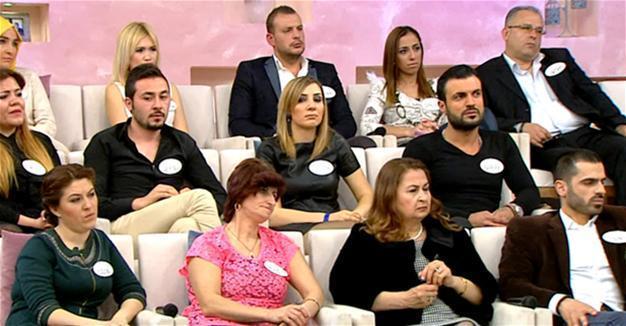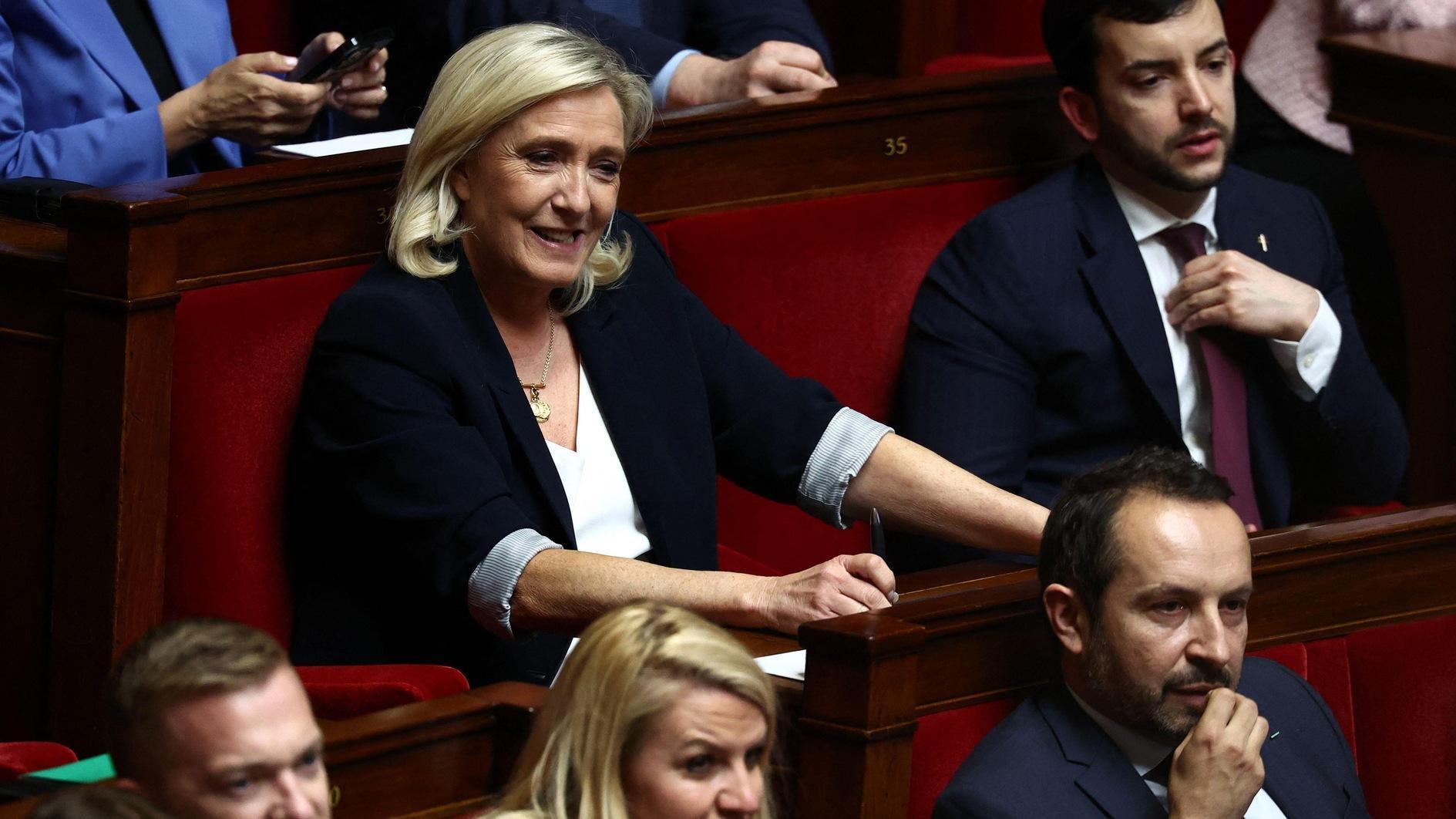New decree law includes ‘hidden threats’ against TV, radio broadcasters: Turkey’s media watchdog member
Aysel Alp – ANKARA
 Debate over a recently issued state of emergency decree law is continuing, as a Radio and Television Supreme Council (RTÜK) member elected from the main opposition Republican People’s Party (CHP) said the new regulations include “hidden threats” against TV channels and radio broadcasters.
Debate over a recently issued state of emergency decree law is continuing, as a Radio and Television Supreme Council (RTÜK) member elected from the main opposition Republican People’s Party (CHP) said the new regulations include “hidden threats” against TV channels and radio broadcasters. İsmet Demirdöğen’s remarks came after reports that matchmaking shows had been banned with a decree law published in the Official Gazette on April 29.
Saying the new regulations could lead to “dire results,” Demirdöğen noted that “nearly all criticisms and violations have been cited as possible reasons for a media blackout.”
“Threats that TV and radio broadcasters could face media blackout and cancelation of their licenses have been hidden behind the purpose of banning matchmaking shows,” he told daily Hürriyet.
“The [ruling Justice and Development Party] AKP was bragging about removing the shame of media blackouts, but the shame has returned and heavy pressure tools like the threat of the cancelation of licenses has now been introduced,” Demirdöğen said.
He noted that according to the new decree, stations that violate the ban more than 20 times in one year will not be able to broadcast for up to five days. If the same violation occurs again within one year, RTÜK will be able to halt broadcasts for up to 10 days. If it is repeated for a second time, the media watchdog will be able to cancel the broadcaster’s license, he said.
“For example, if a movie including curse words is aired 20 times, it could cause the suspension of the broadcaster. Minds are still not clear on what this decree actually introduces, and even those who passed this regulation don’t know exactly what they have proposed … After this point, broadcasting has been made into something that requires courage. A brave broadcaster may continue these programs, but punishments may extend to canceling licenses,” Demirdöğen added.
Demirdöğen also said some TV series, movies and advertisements will not be able to be broadcast even with censoring blackouts of sensitive scenes.
“Kissing scenes, condom advertisements or head cutting scenes from Diriliş Ertuğrul [a Turkish TV series] may lead to warnings, the cancelation of broadcasts, and the cancelation of broadcasters’ licenses,” he added.
Speaking after controversy erupted over the decree law, RTÜK chair İlhan Yerlikaya on May 1 said a “study is under way” on the matter and a statement would be made on May 2.
“We do not want these shows anyway and we have stated this before,” Yerlikaya told daily Hürriyet.
















